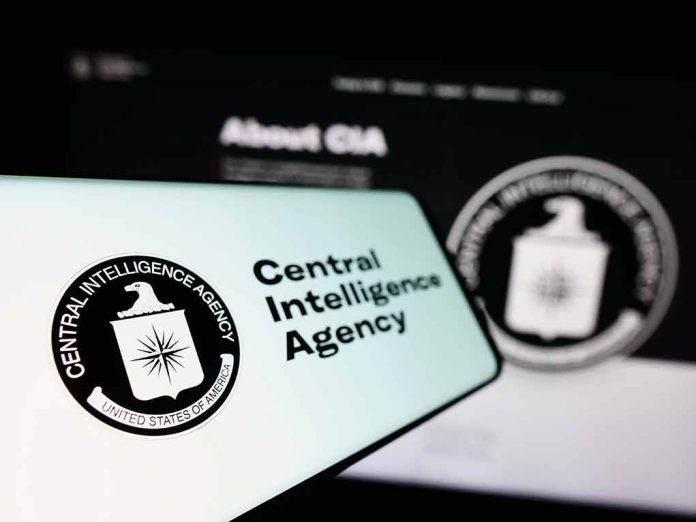
A CIA officer’s treasonous act exposes Israel’s secret plans, jeopardizing national security and straining US-Israel relations.
At a Glance
- CIA officer Asif W. Rahman charged with espionage for leaking classified documents
- Leaked documents revealed Israel’s military plans for attacks on Iran
- Incident raises concerns about US intelligence reliability and Iranian penetration
- Leak considered one of the most significant violations of the Espionage Act in US history
- Arrest made in Cambodia, trial to be held in Eastern District of Virginia
CIA Officer’s Betrayal Rocks US Intelligence Community
In a shocking development that has sent ripples through the intelligence community, CIA officer Asif W. Rahman has been charged with espionage offenses related to leaking highly classified documents. This egregious breach of trust not only compromises national security but also threatens to unravel the delicate fabric of US-Israel relations. Rahman, who held a top-secret security clearance with access to sensitive compartmentalized information, now faces charges of willful retention and transmission of national defense information.
The gravity of this situation cannot be overstated. Prosecutors have declared this leak “one of the most significant and consequential violations of the Espionage Act in American history.” This statement underscores the severity of Rahman’s alleged actions and the potential far-reaching consequences for national security and international diplomacy.
Israel’s Military Plans Exposed
The leaked documents, which were published on the Telegram messaging app, detailed Israel’s military plans for attacks on Iran. This sensitive information, attributed to the US National Geospatial-Intelligence Agency (NGA) and National Security Agency, was related to Israel’s military planning following a missile barrage from Iran on October 1, 2023. The exposure of such critical intelligence not only compromises Israel’s strategic advantage but also raises serious questions about the trustworthiness of US intelligence agencies.
“I think it’s crucial that Israel knows that when they give information or the transformation, it’s not leaked, and there must be strong trust [that intel is going] to be treated the way it should be treated. It’s a very serious event.” – Retired Israel Defense Forces Brigadier General Amir Avivi
The breach of trust highlighted by General Avivi is a critical concern. It underscores the potential damage to the US-Israel alliance, which has long been a cornerstone of American foreign policy in the Middle East. This leak could lead to a reluctance from Israel to share crucial intelligence with the US in the future, potentially leaving both nations more vulnerable to threats in the region.
Implications for US National Security
The ramifications of this leak extend far beyond diplomatic tensions. It raises alarming questions about the vetting process for individuals with access to highly sensitive information. With over one million people in the US having access to top-secret materials, this incident exposes potential vulnerabilities in the system that our enemies could exploit.
“It is very troubling to know that a CIA officer may have been involved in leaking this highly classified information. Everyone is entitled to the presumption of innocence, but if true, this is a serious security breach and there is no excuse for it.” – Mick Mulroy, the former deputy assistant secretary of defense for the Middle East.
Moreover, the incident has amplified fears of Iranian penetration into the Pentagon’s intelligence infrastructure. Claims of Iranian intelligence assets working within the Pentagon are particularly troubling, suggesting a potential compromise of our national security at the highest levels. This raises serious questions about the effectiveness of our counter-intelligence efforts and the need for a thorough review of our security protocols.
A Call for Action
As conservatives, we must demand immediate and decisive action to address this security breach. The arrest of Rahman, while a step in the right direction, is merely the beginning. We need a comprehensive review of our intelligence agencies, stricter vetting processes for those with access to classified information, and harsher penalties for those who betray our nation’s trust.
“Now that they’ve actually caught this guy, it serves as a deterrent” – Retired Gen. Jack Keane
While General Keane’s point about deterrence is valid, we must go further. It’s time to root out any potential foreign influences within our intelligence community and reinforce our commitment to protecting sensitive information. The security of our nation and the trust of our allies depend on it. We cannot afford another breach of this magnitude. The time for robust action is now.






















